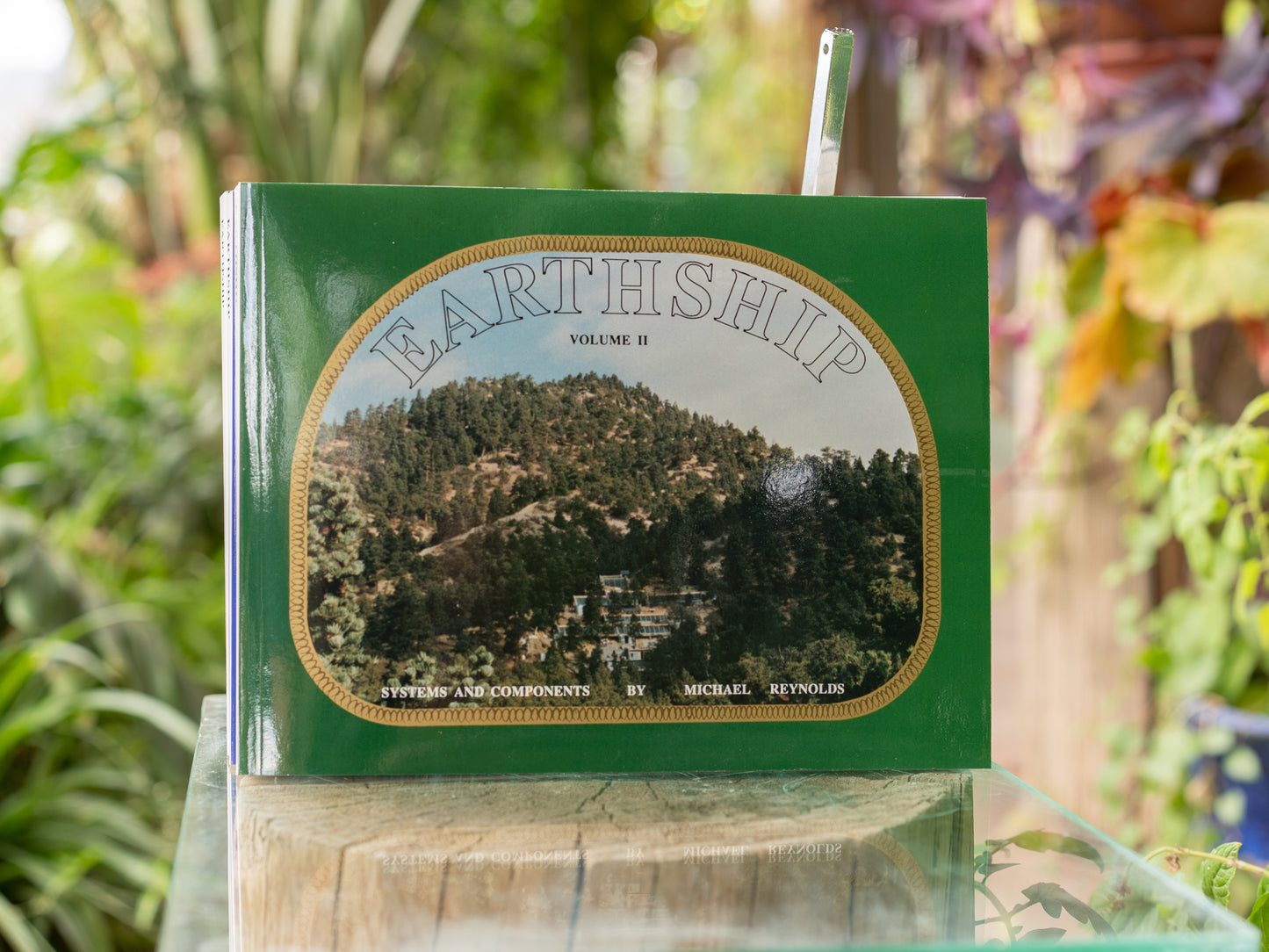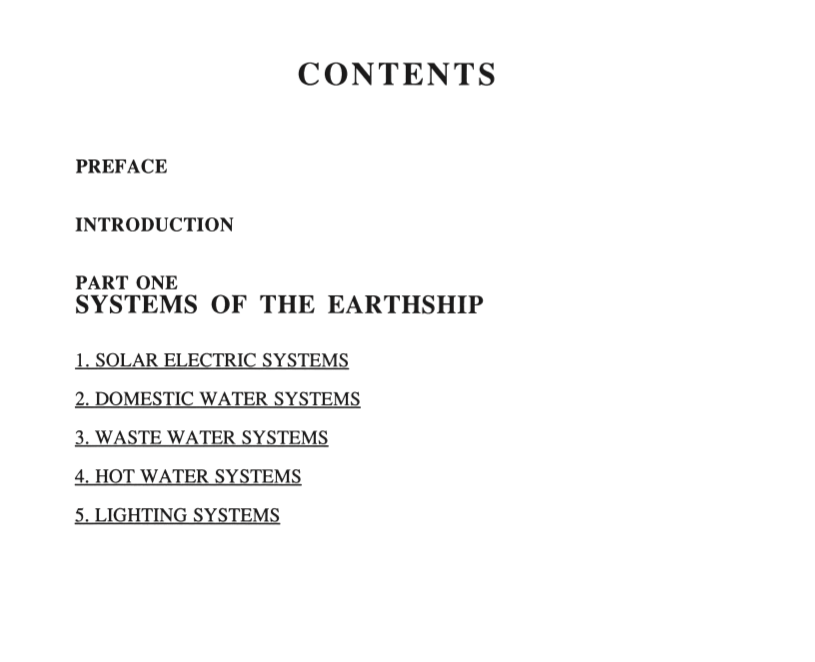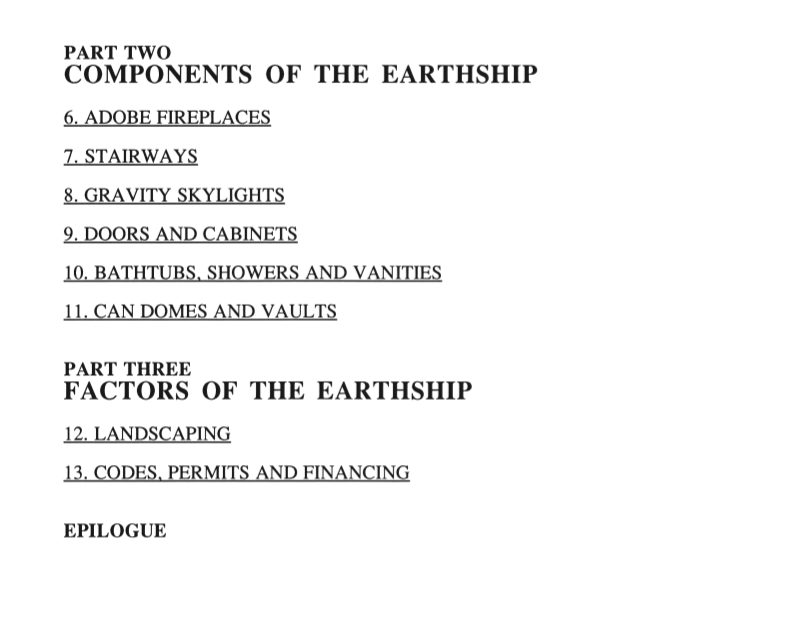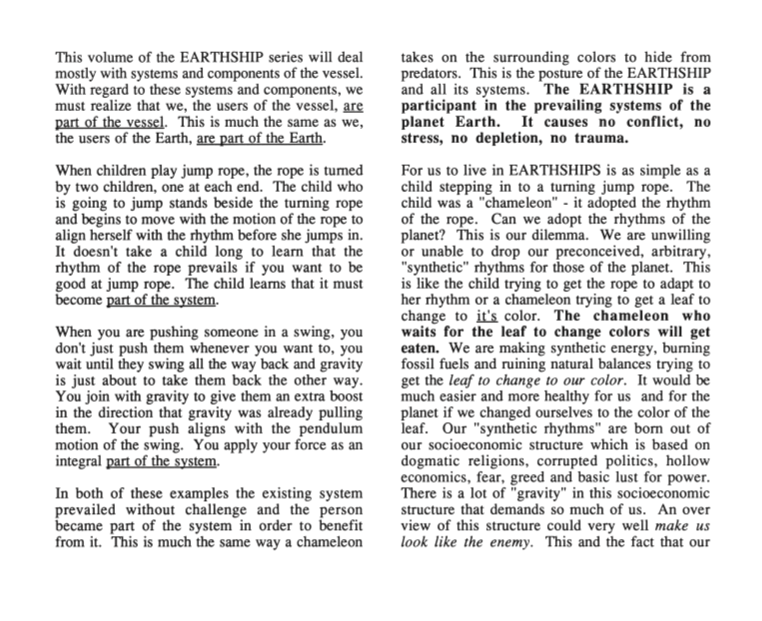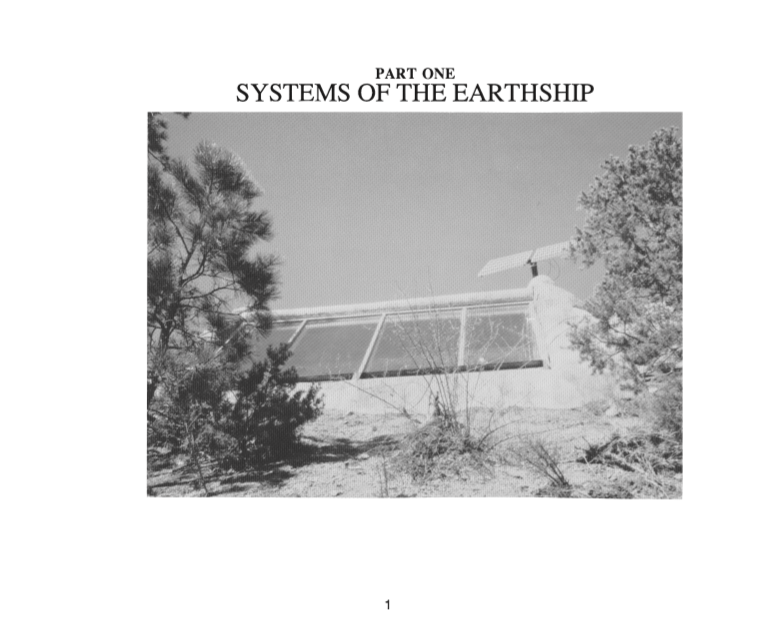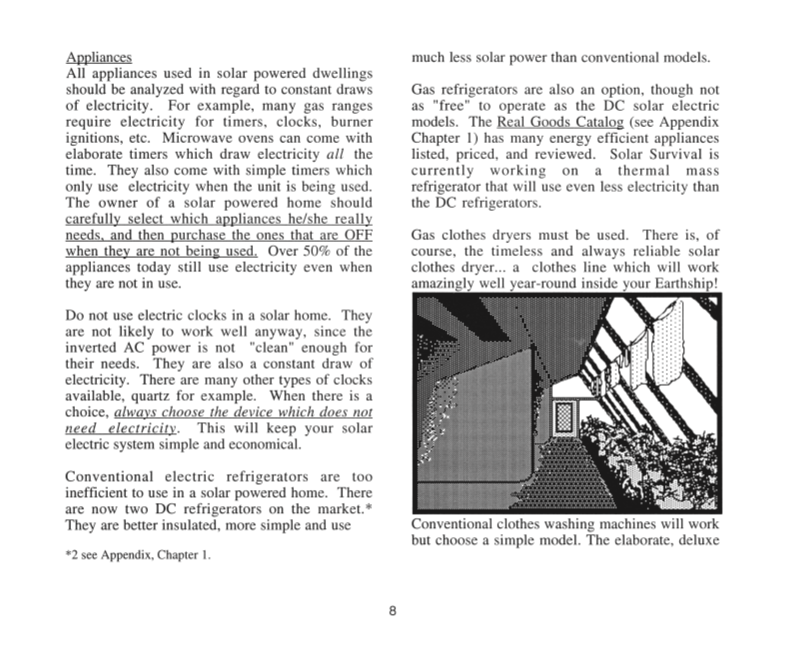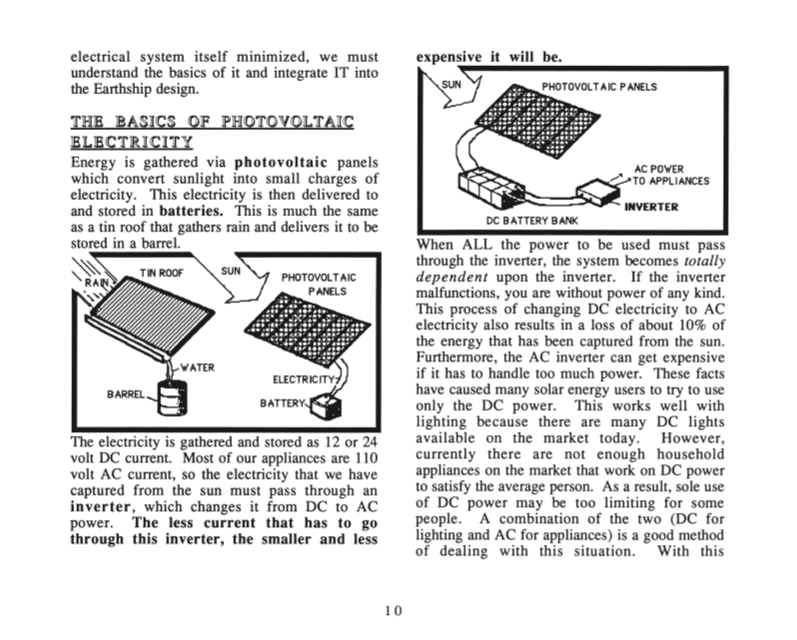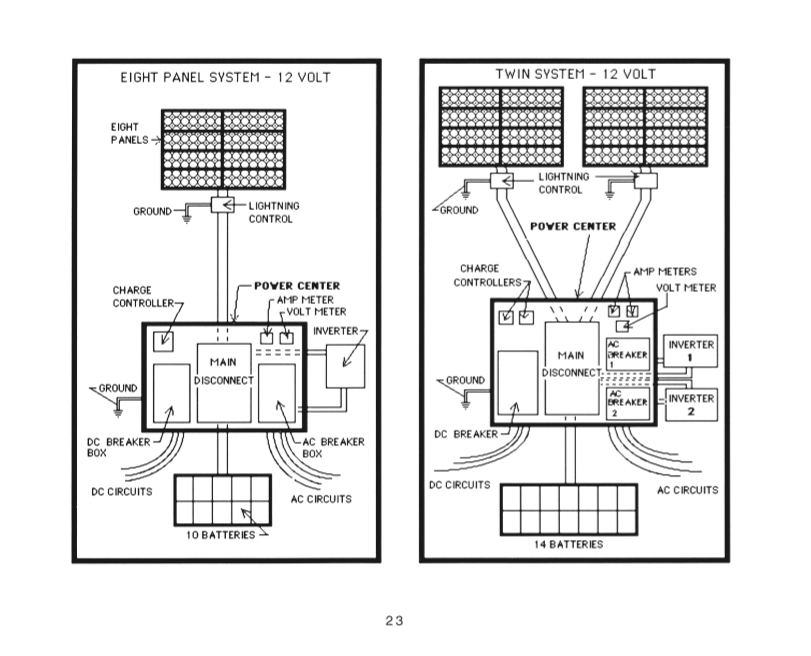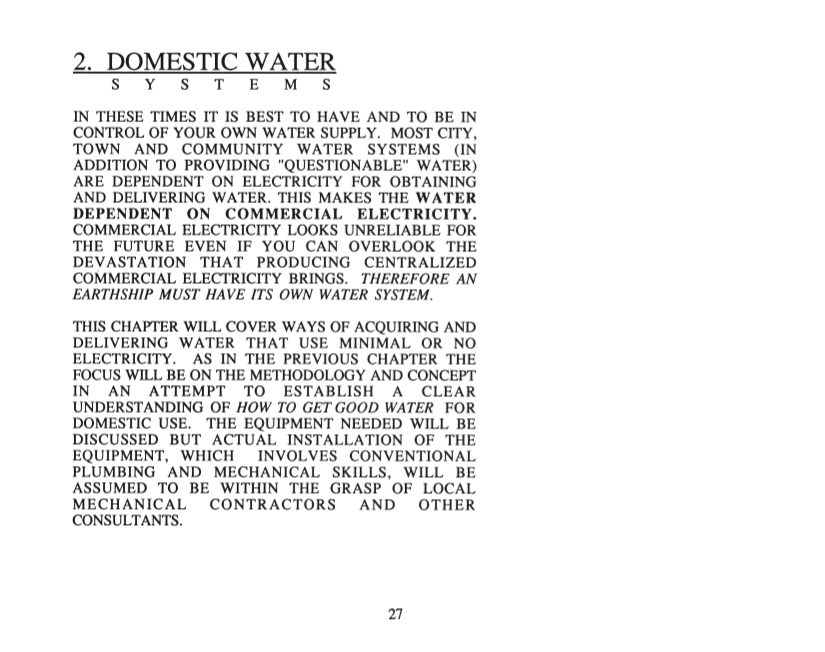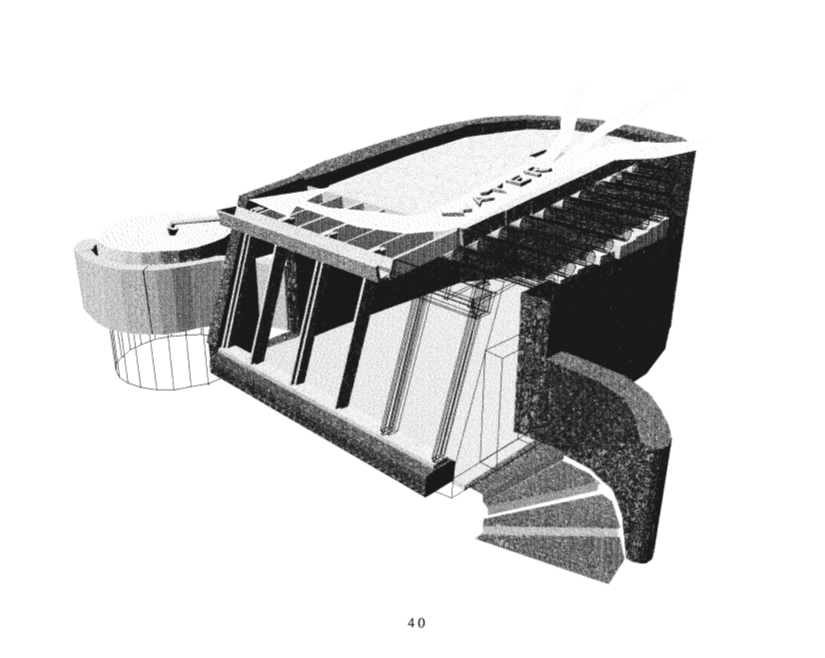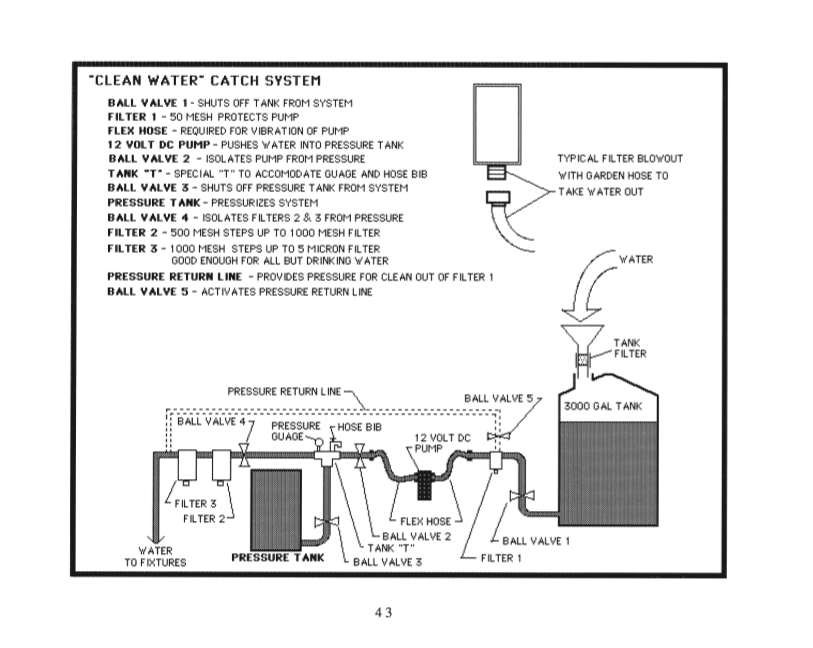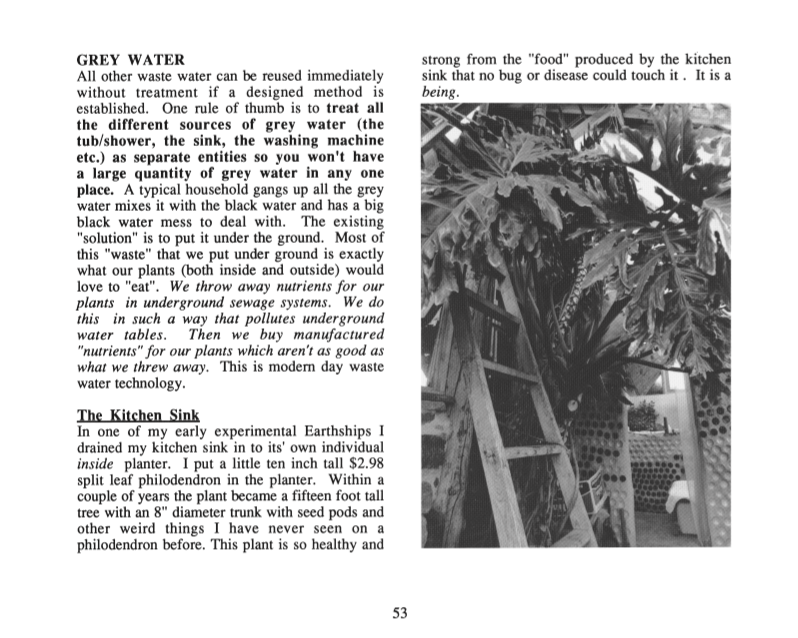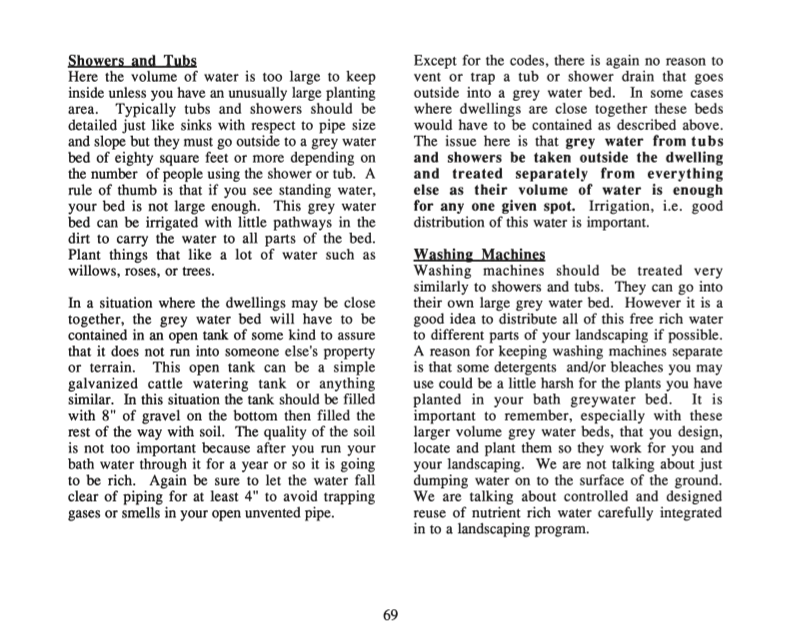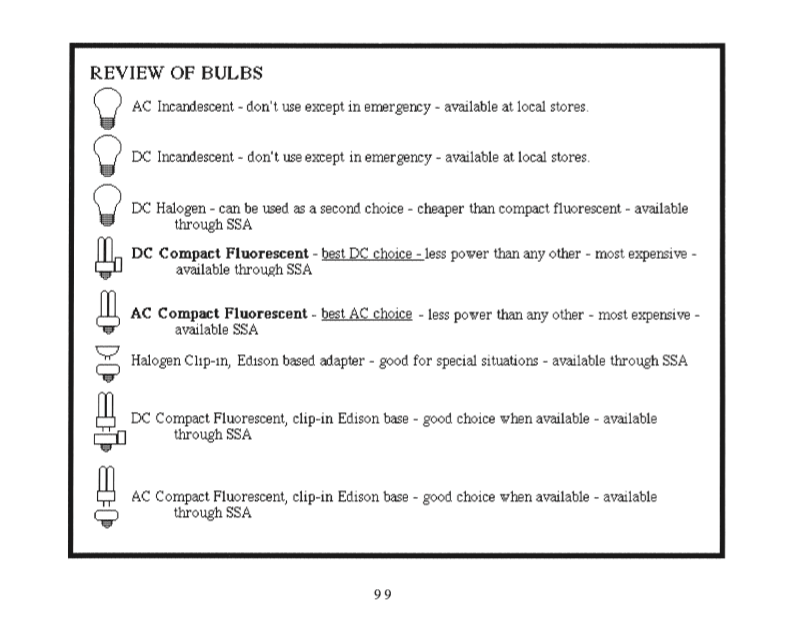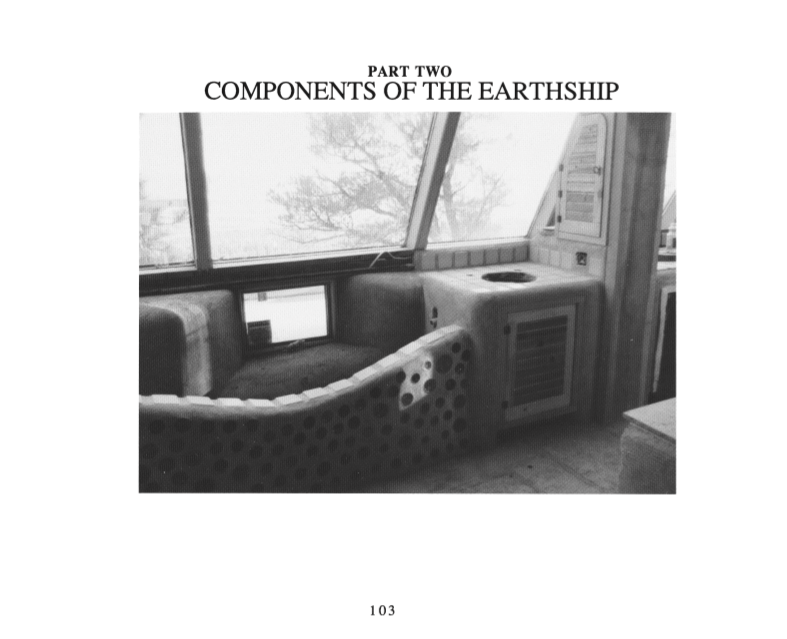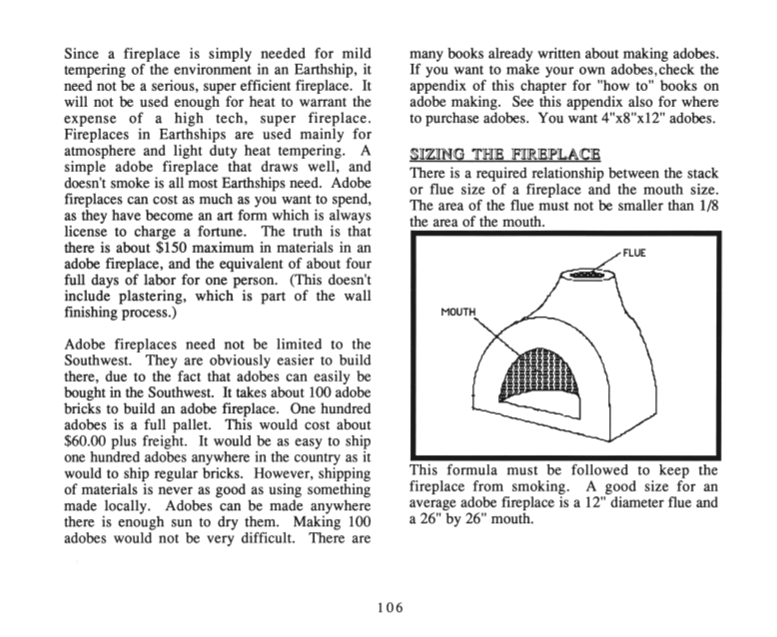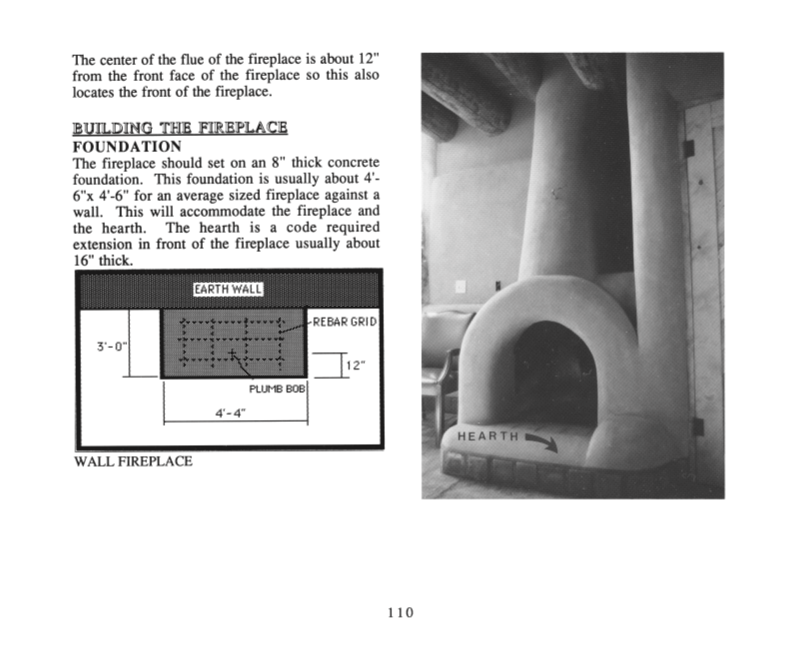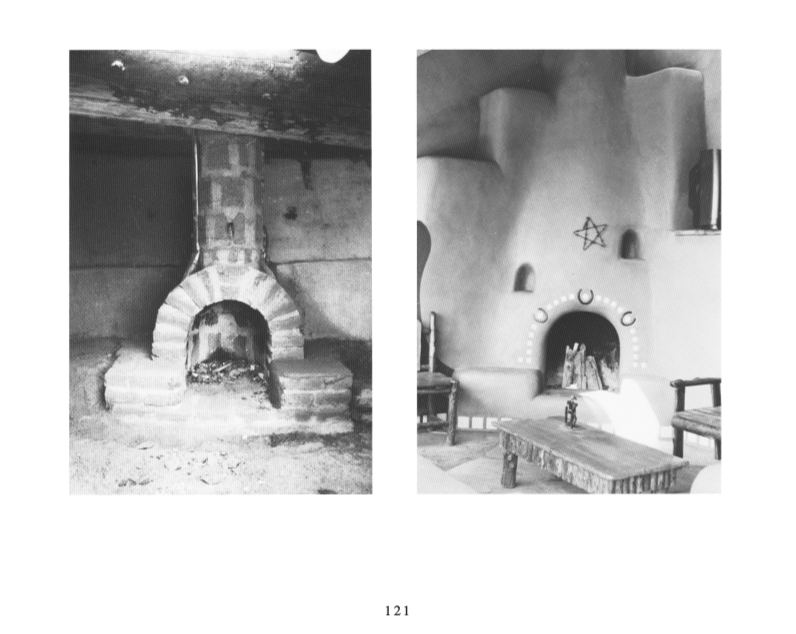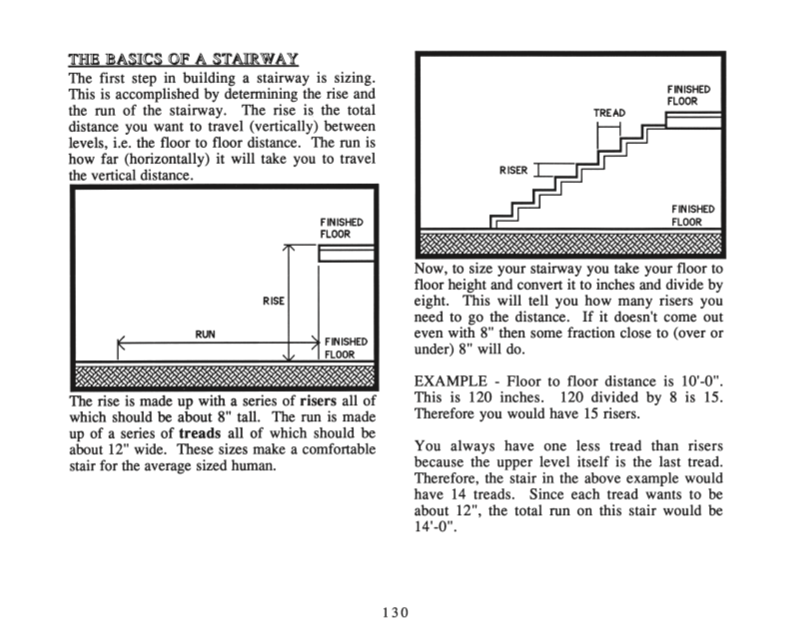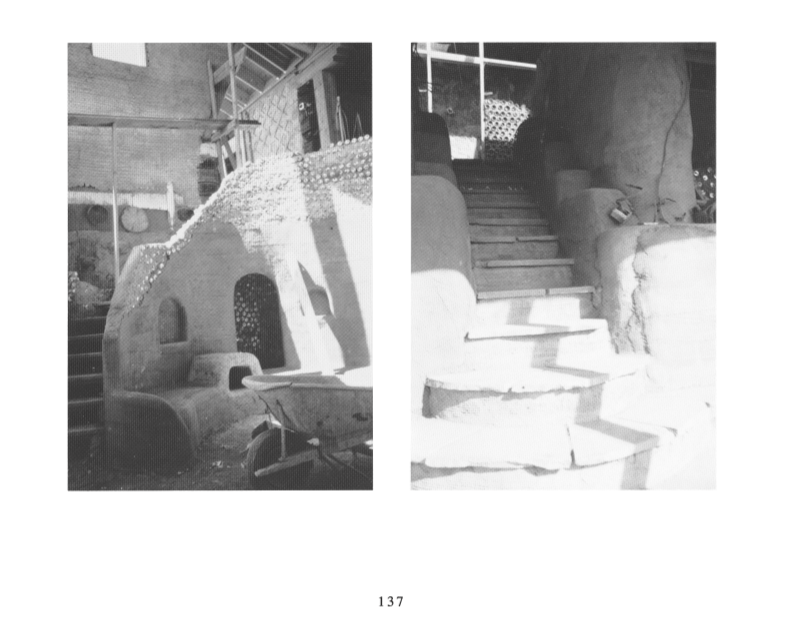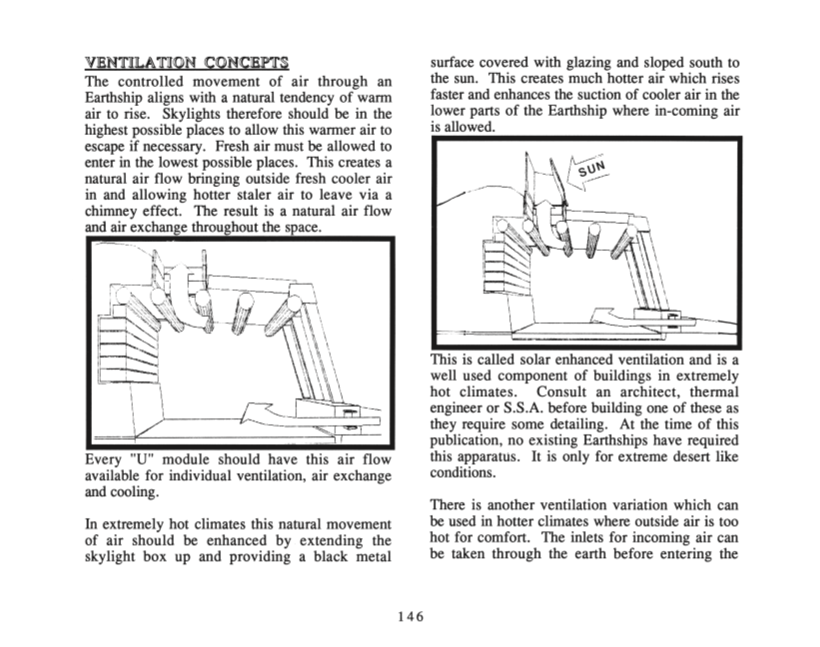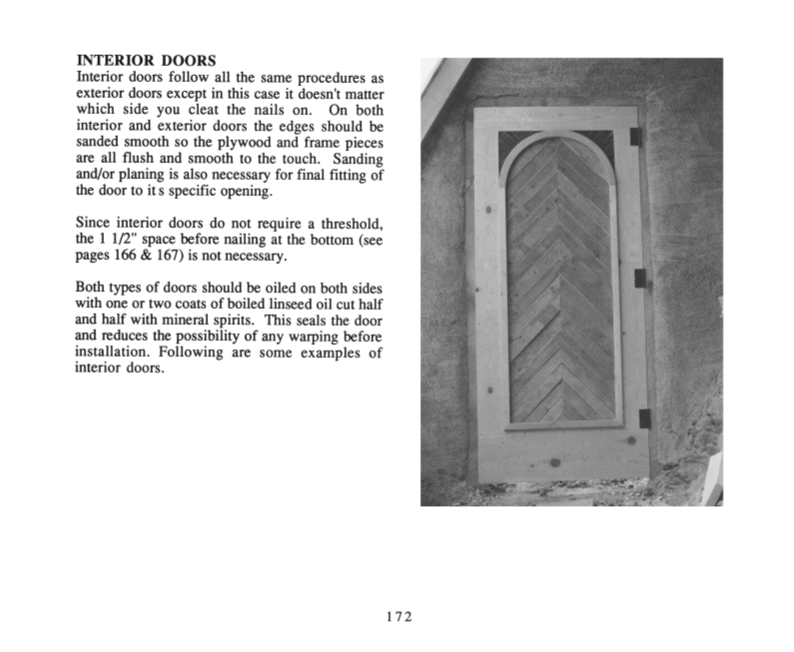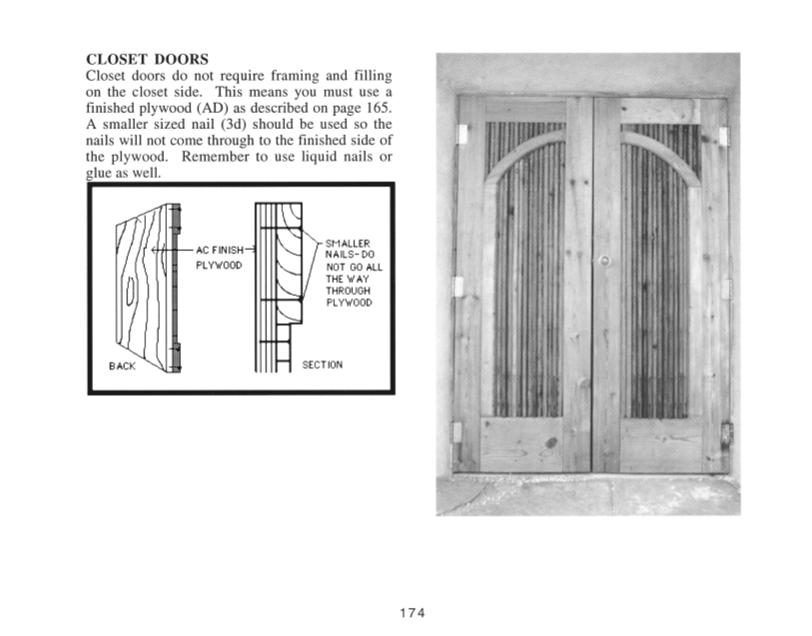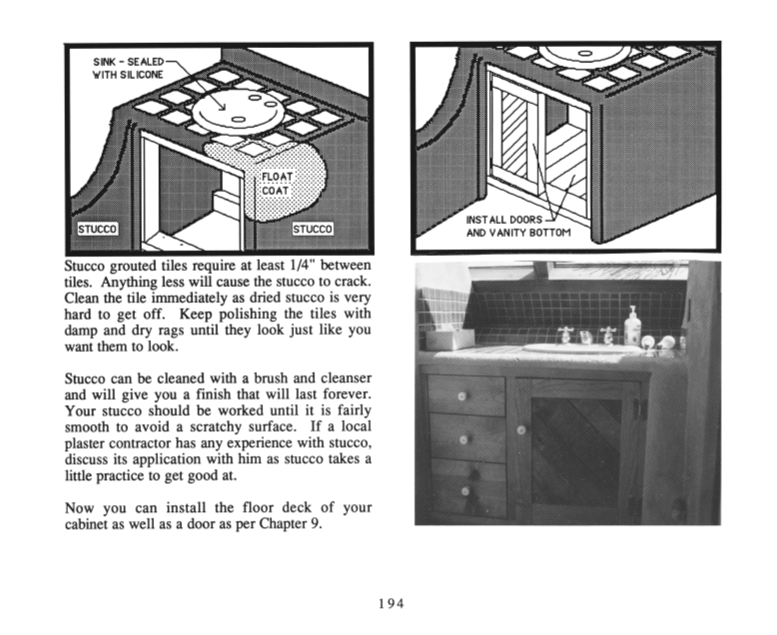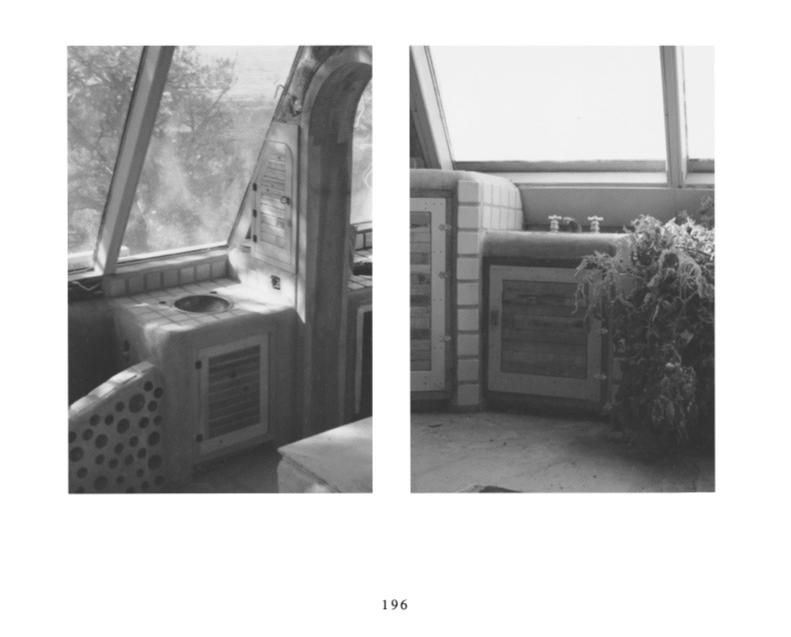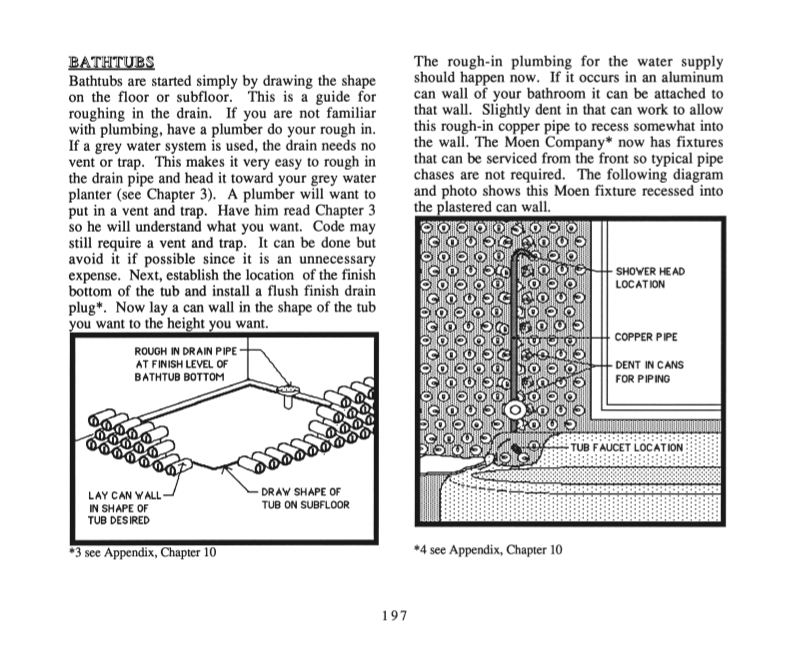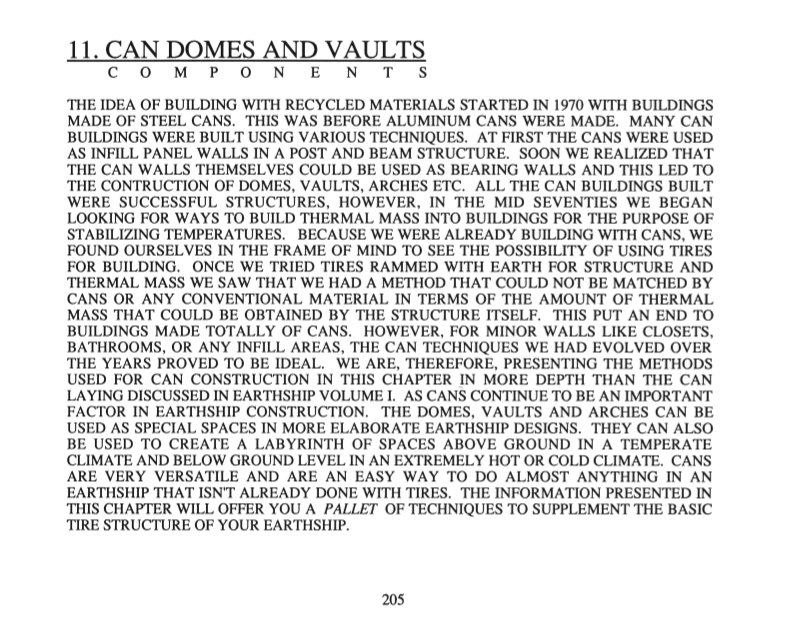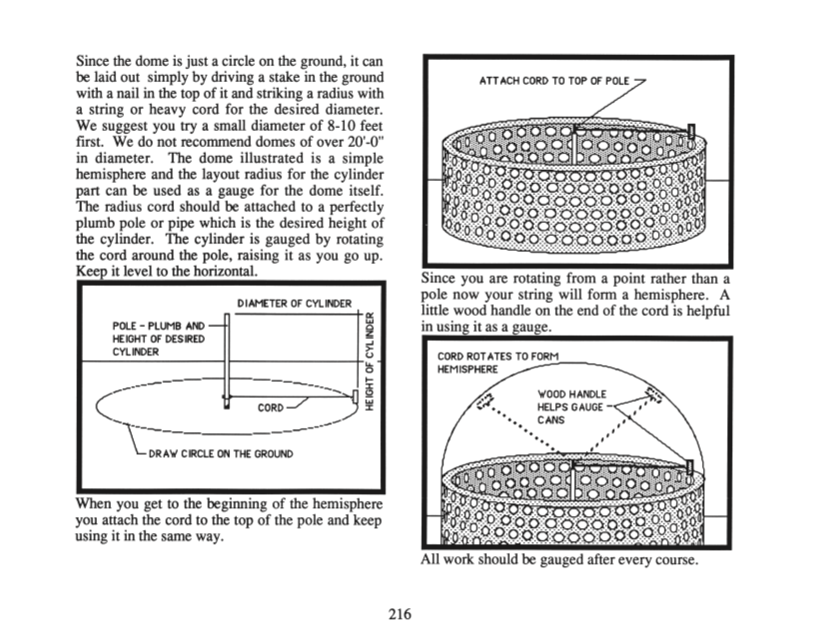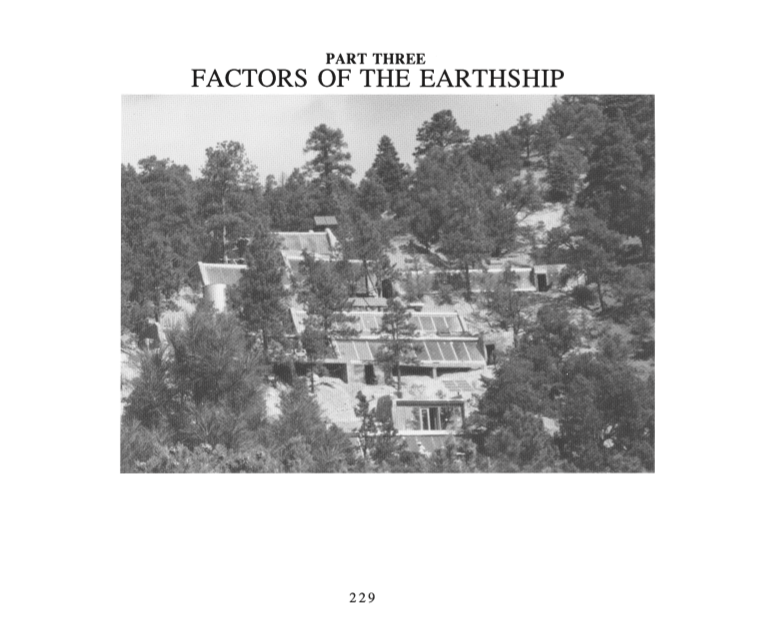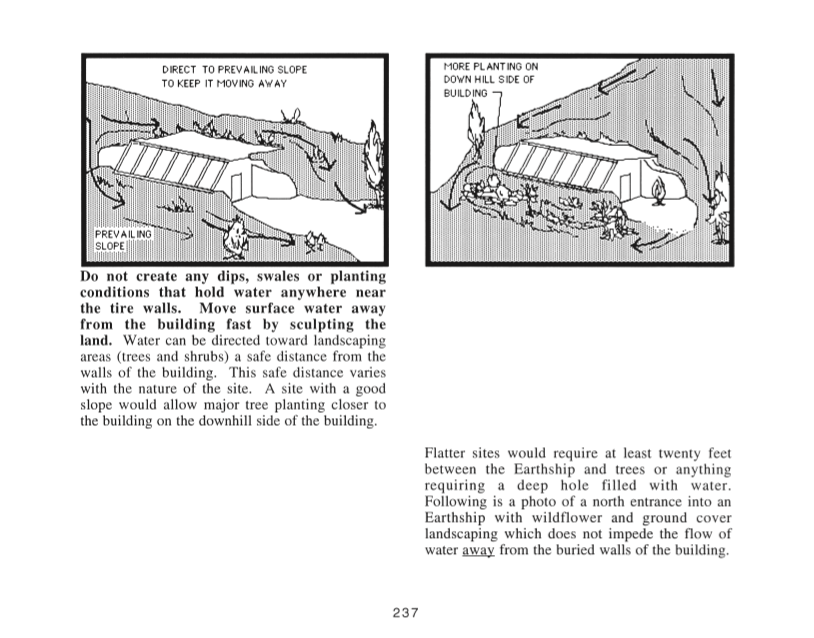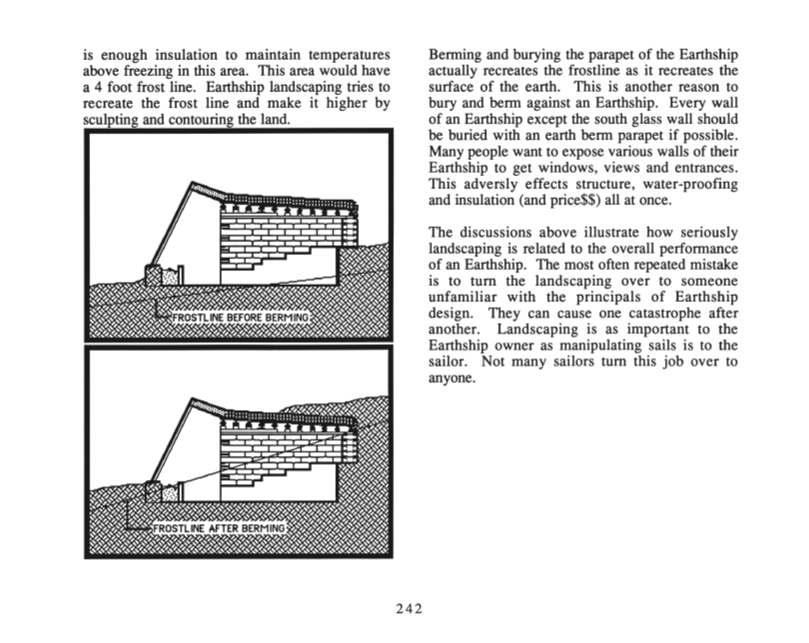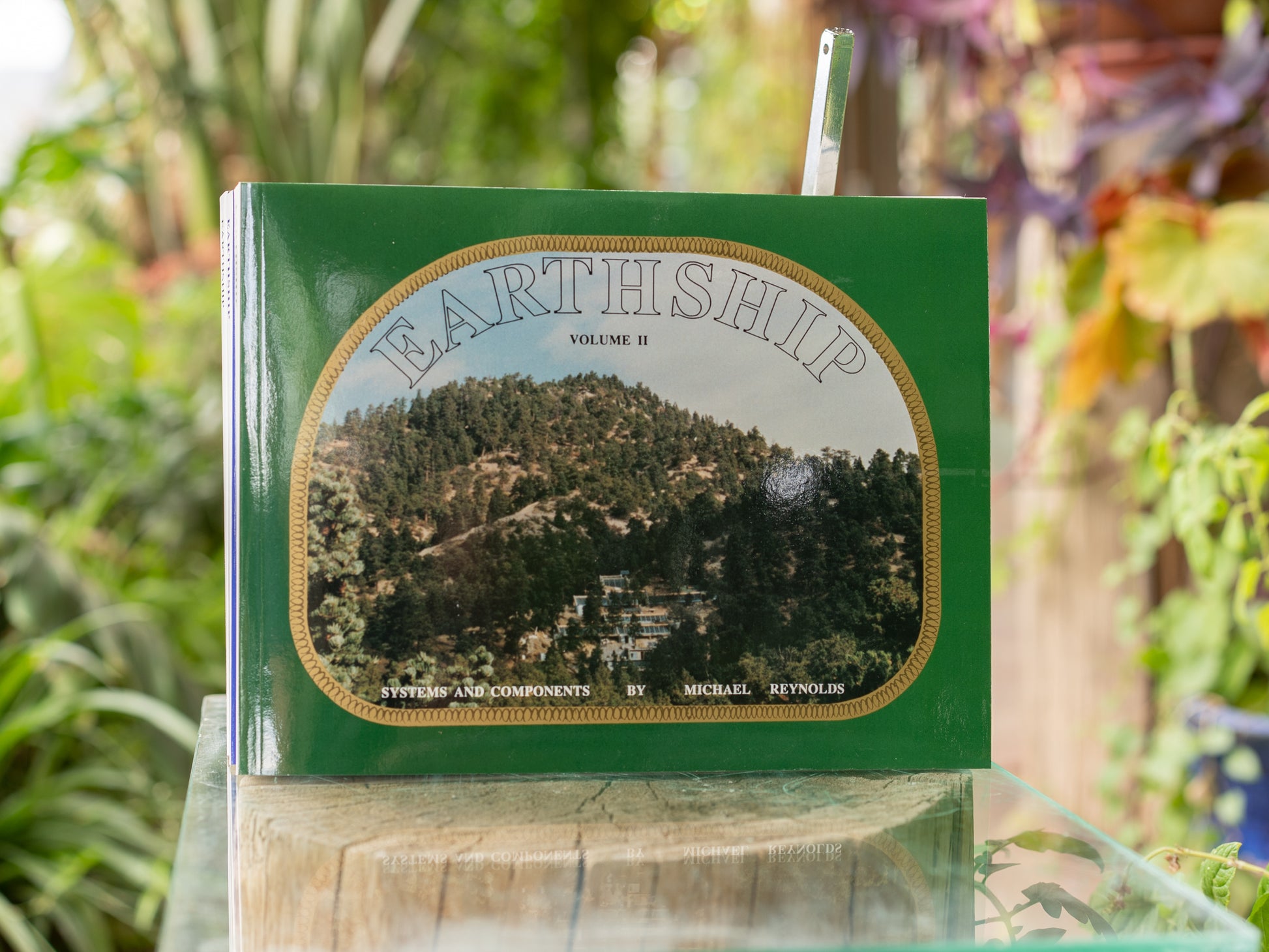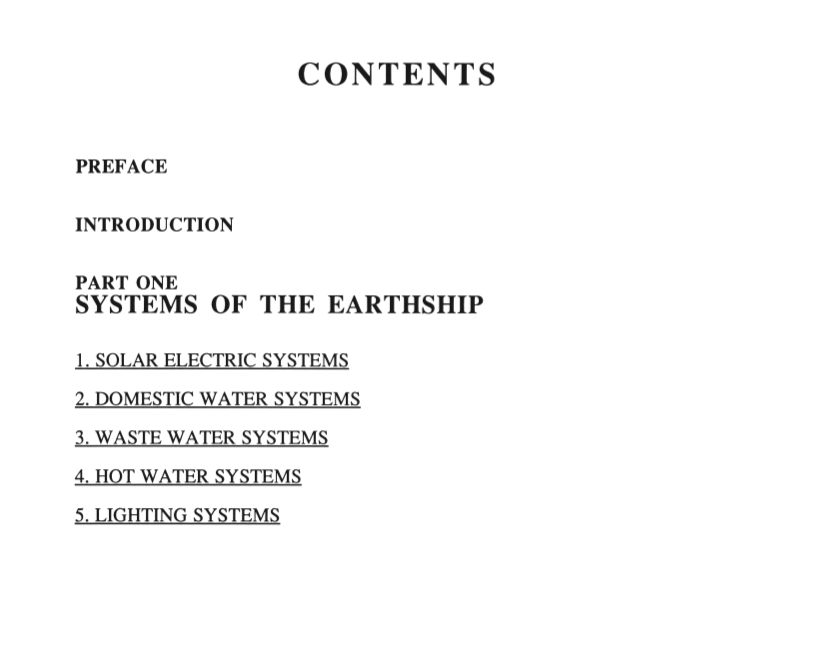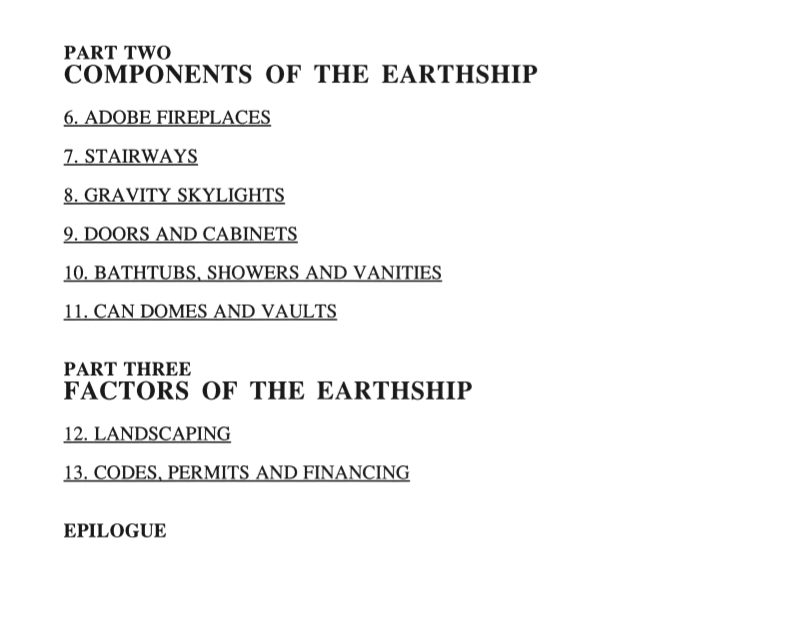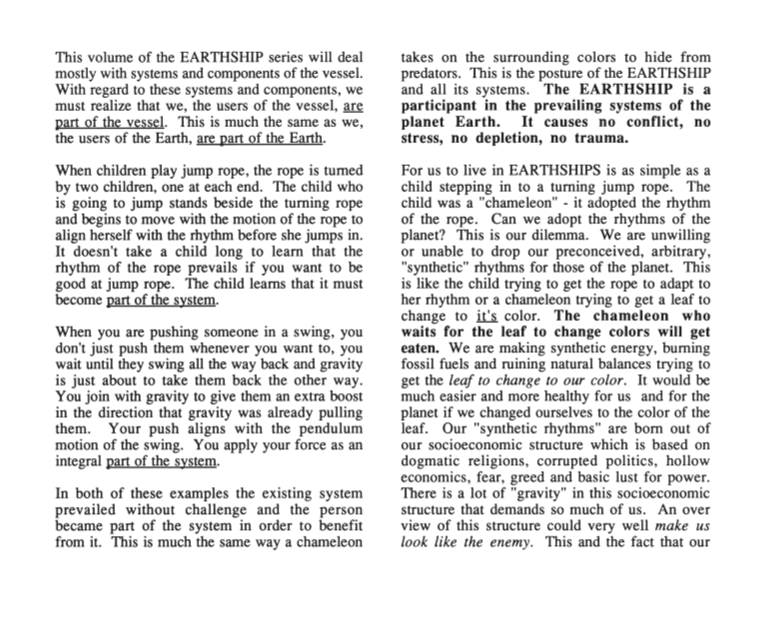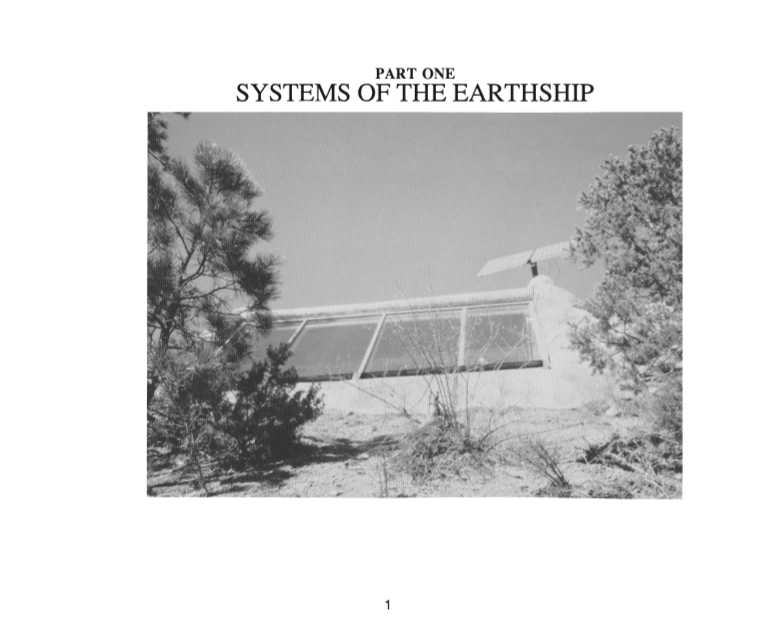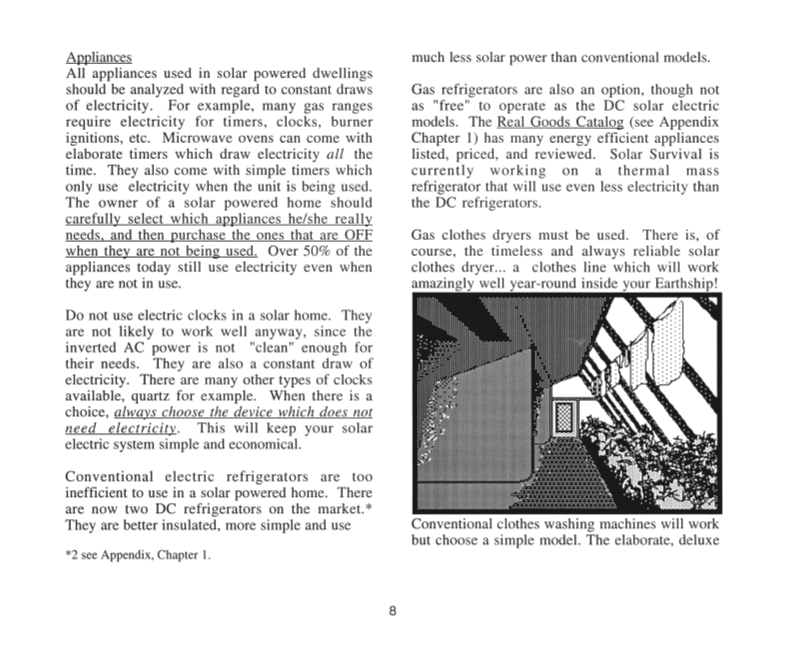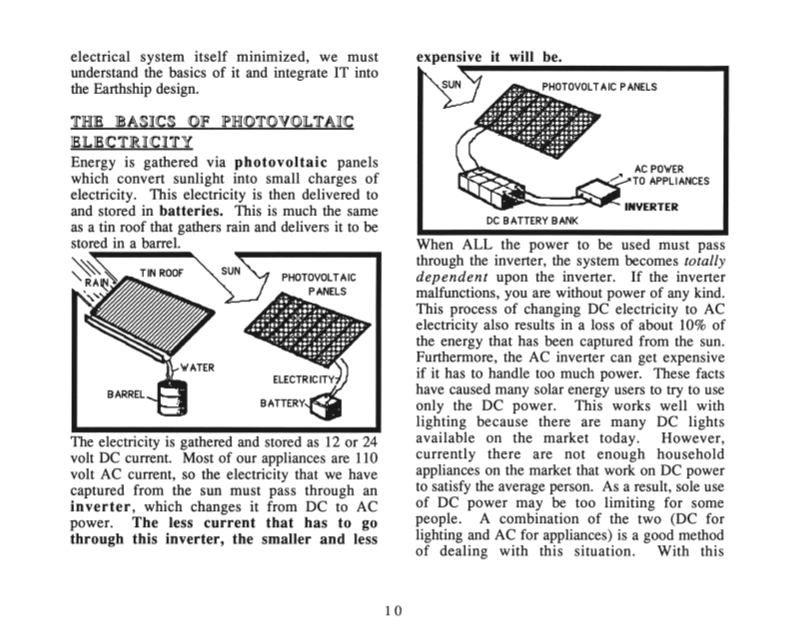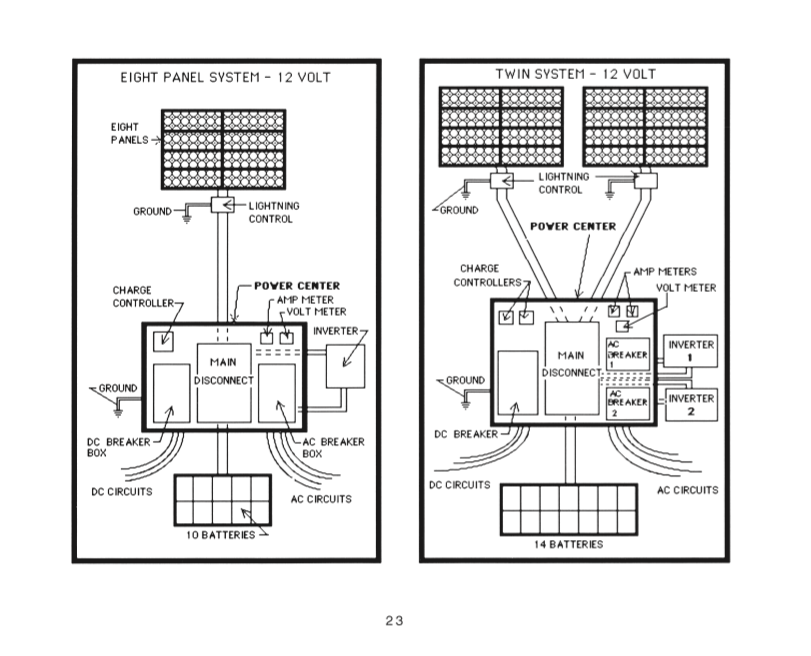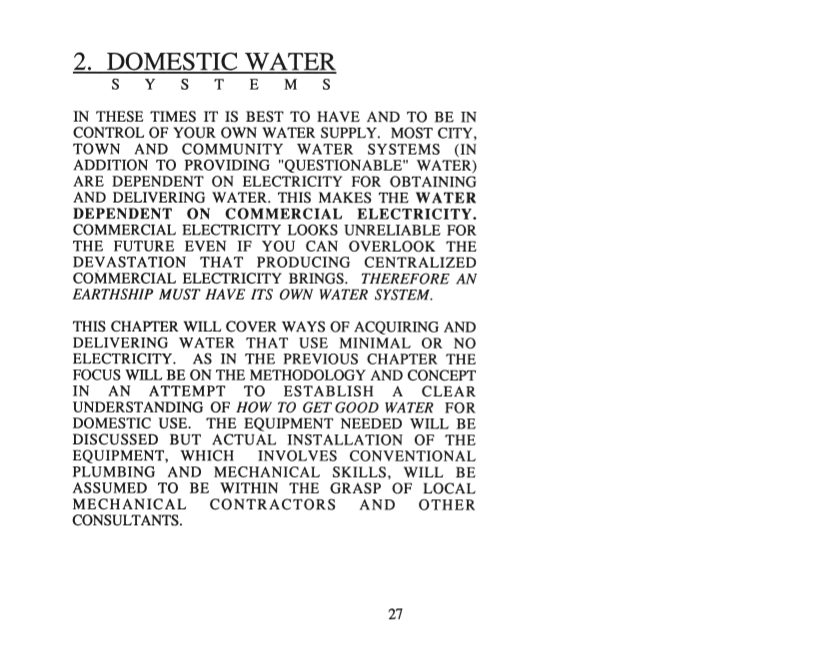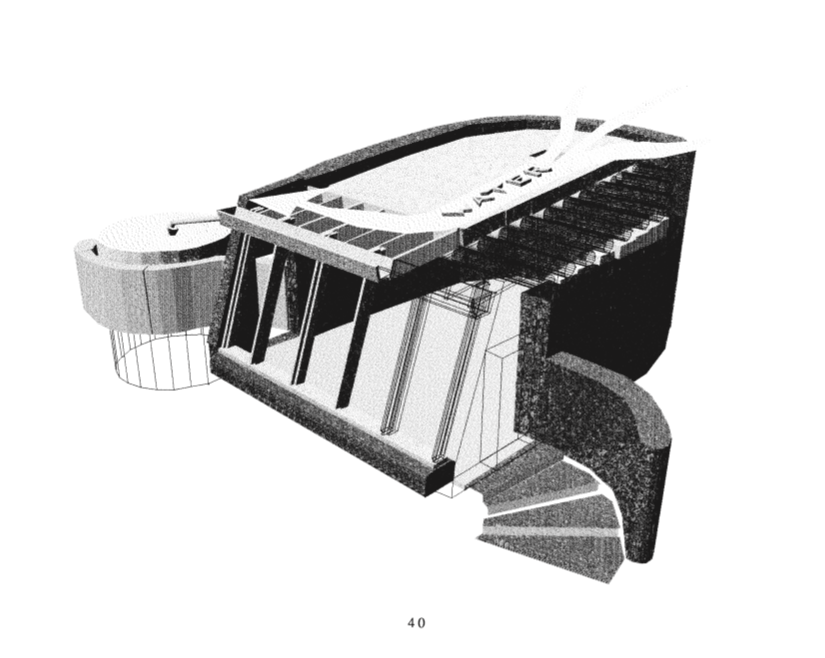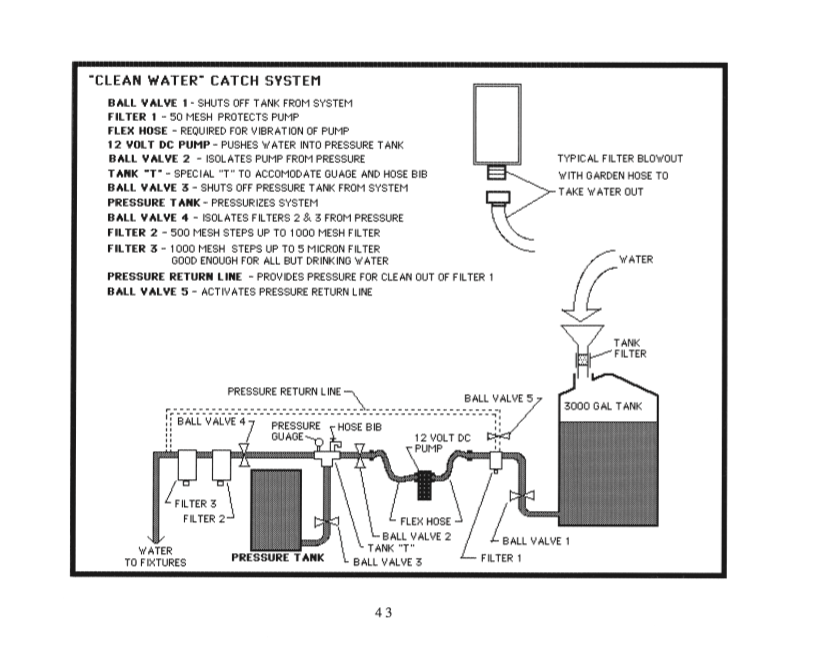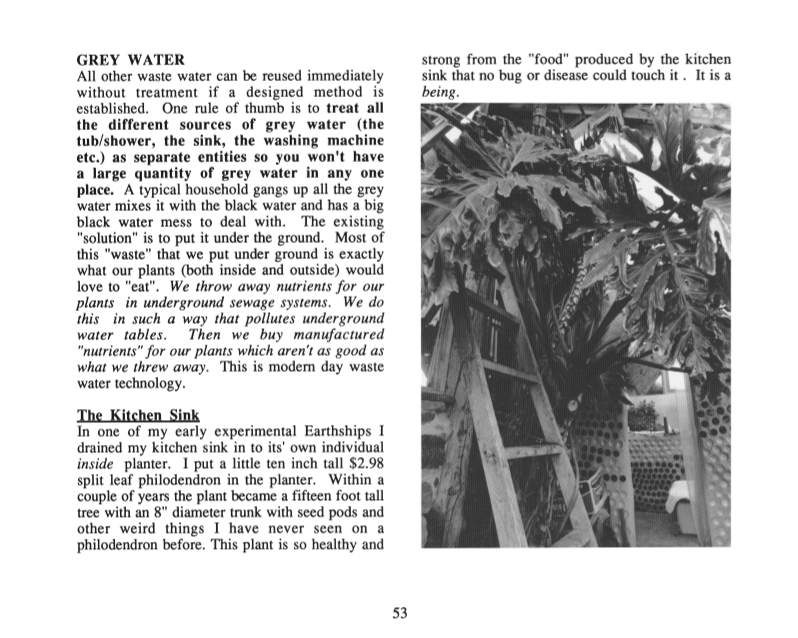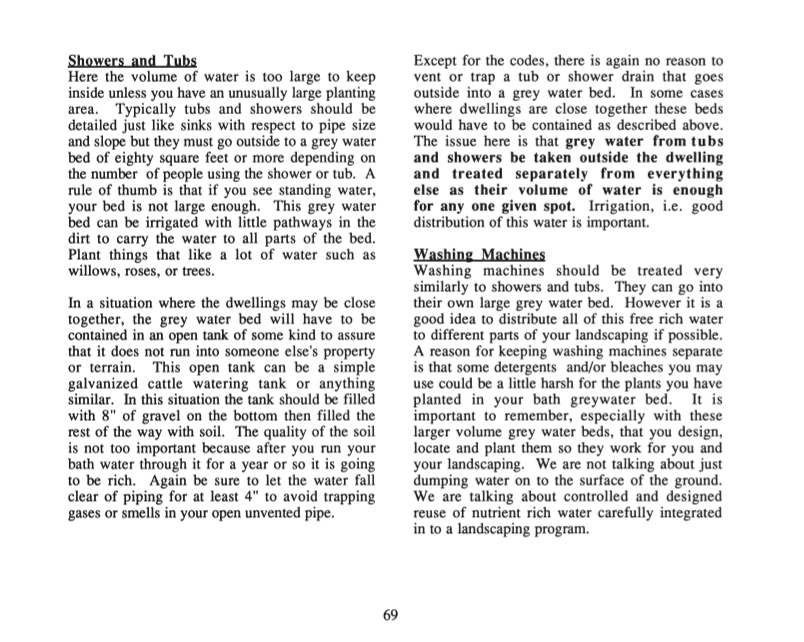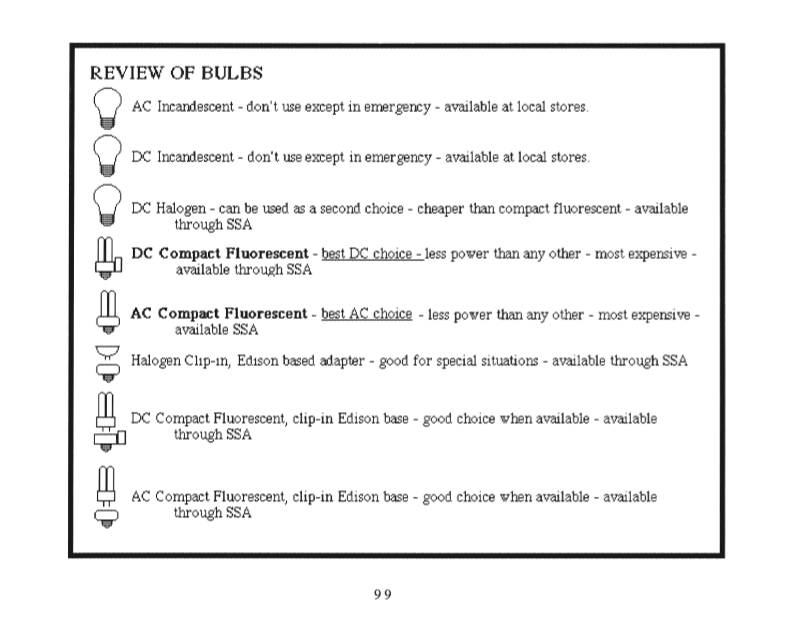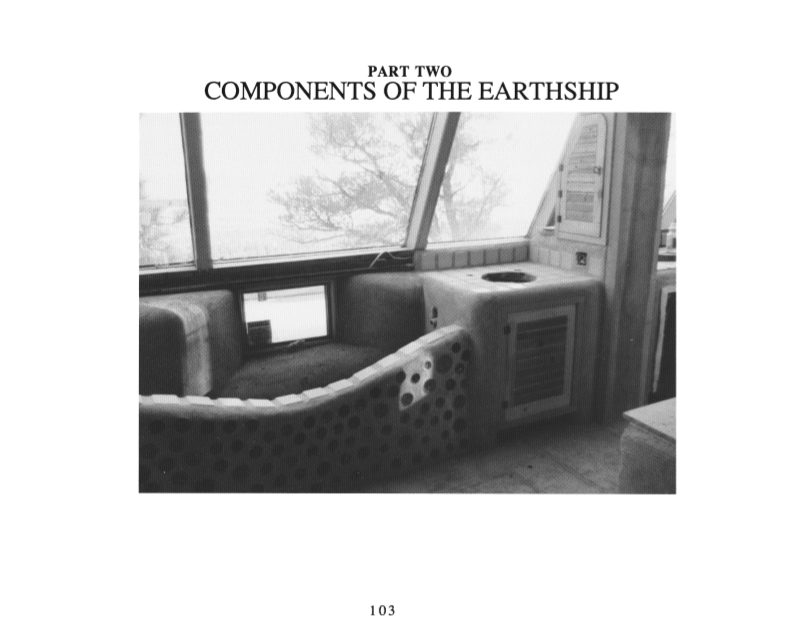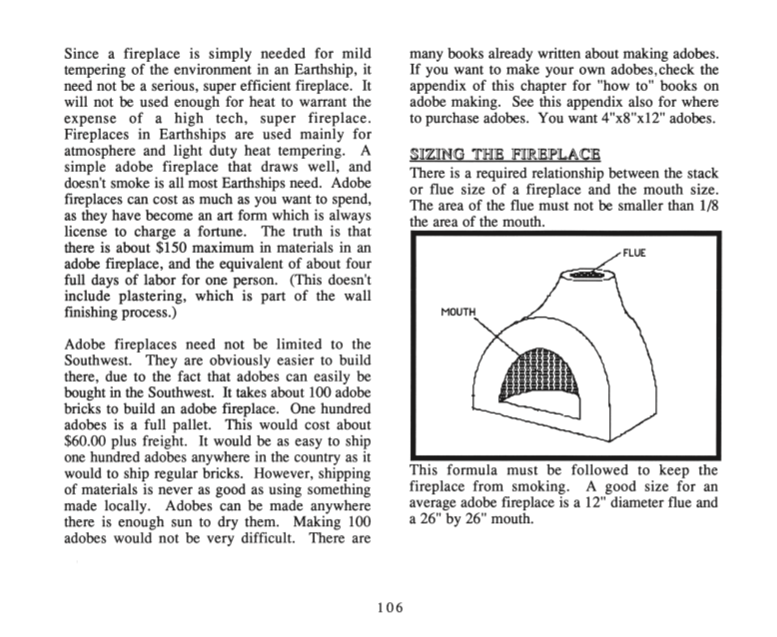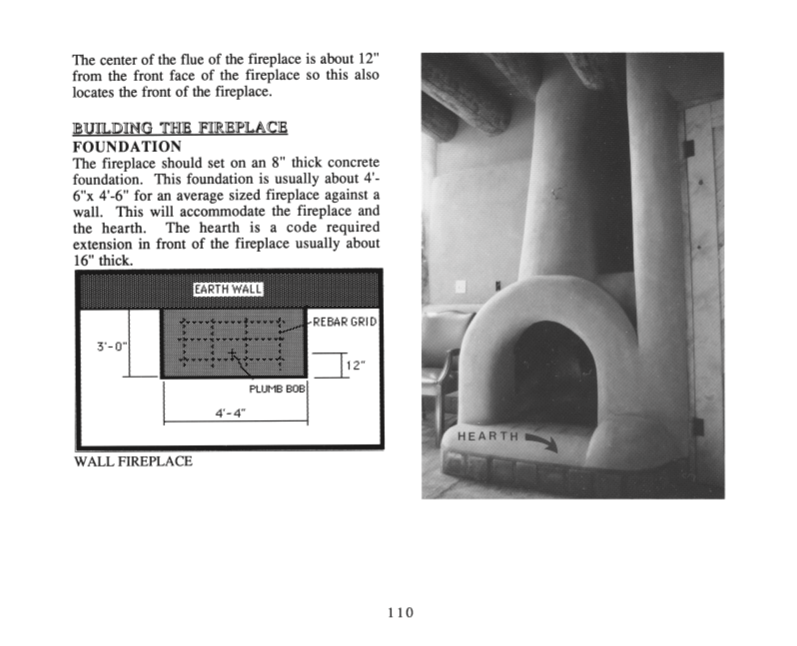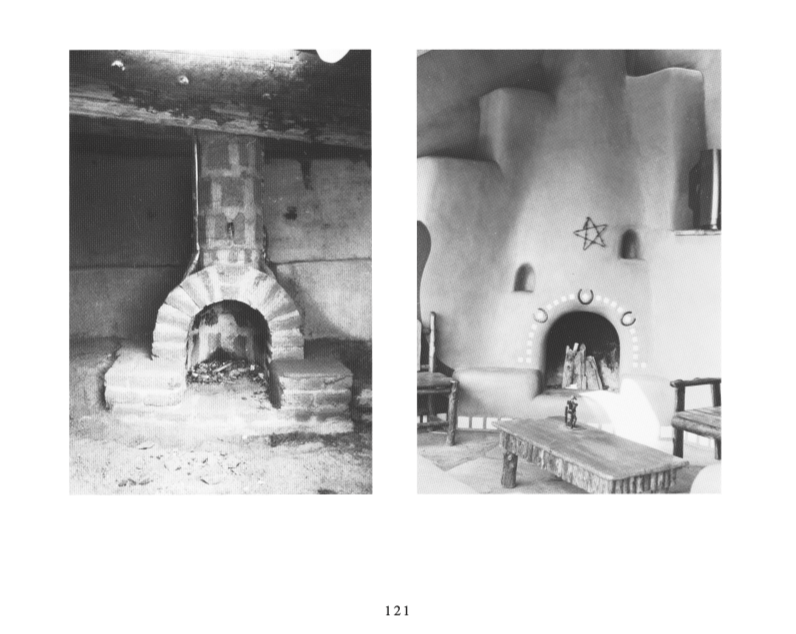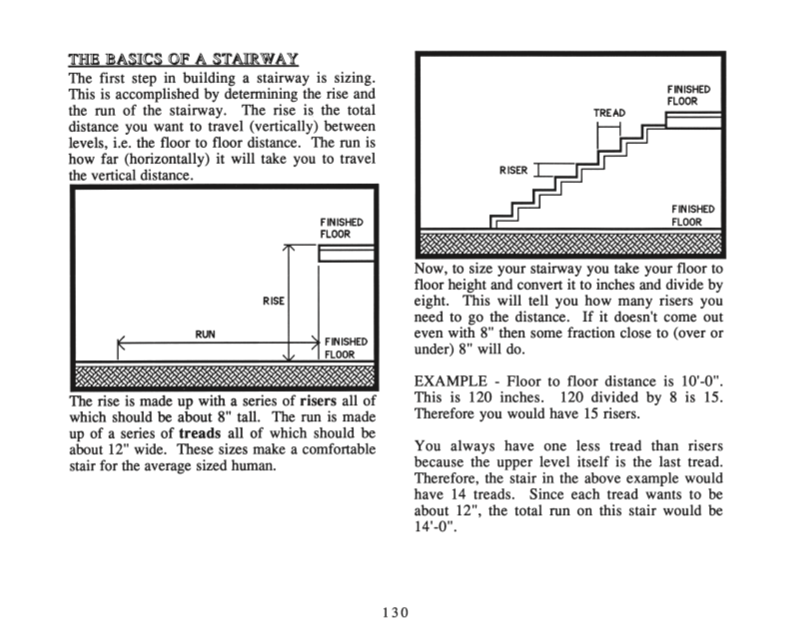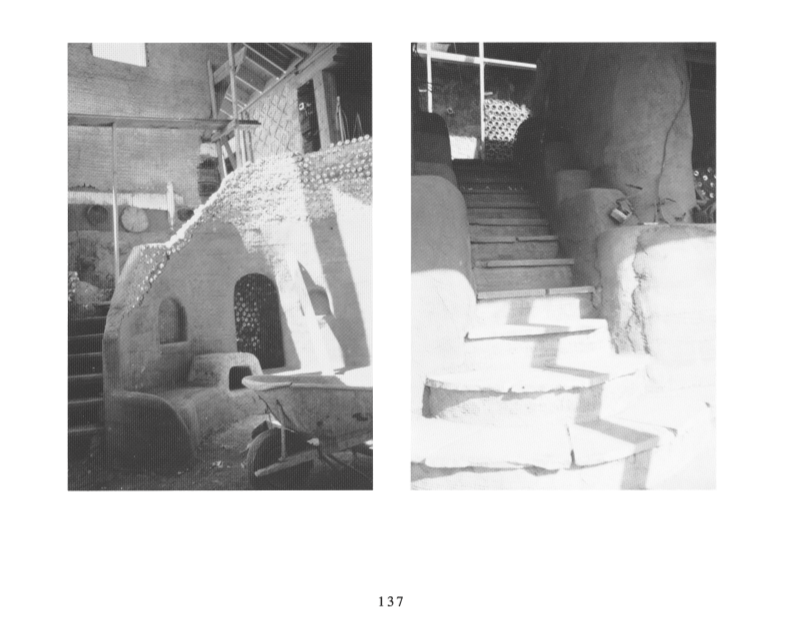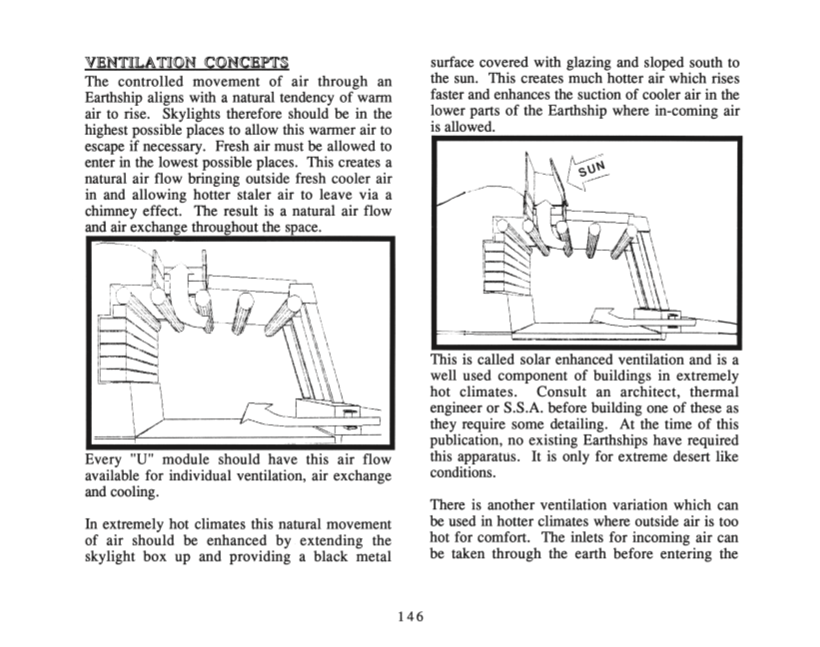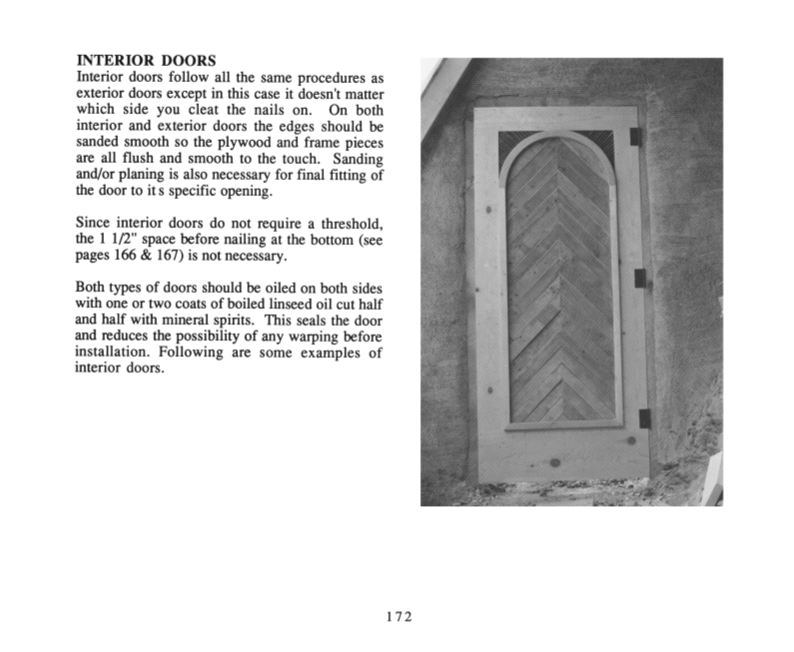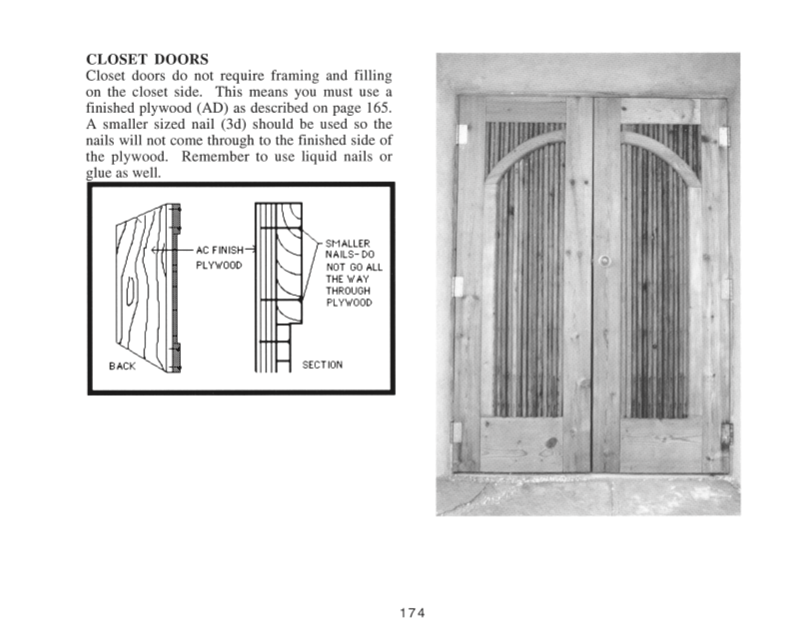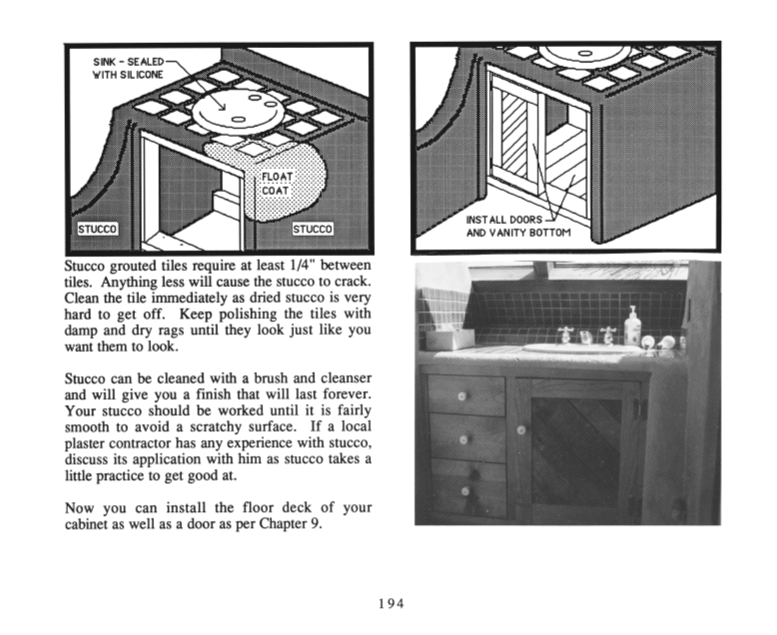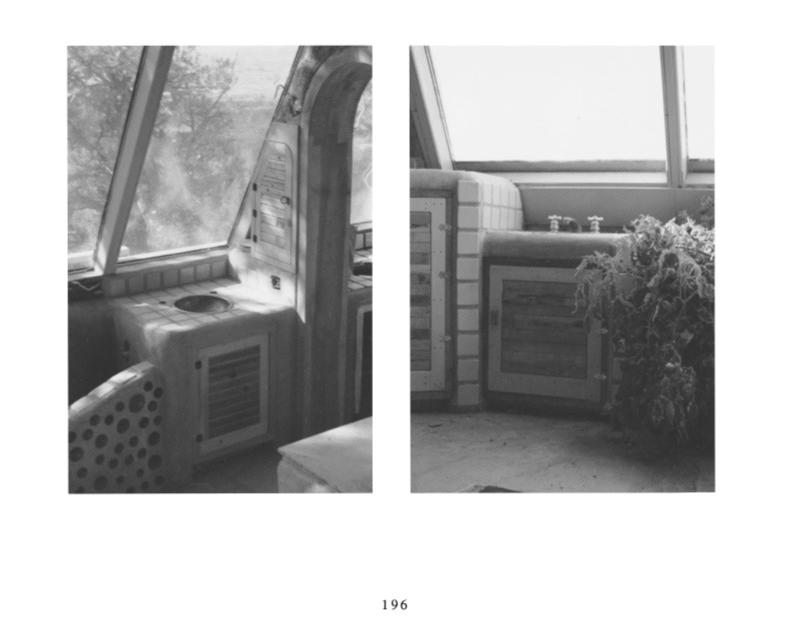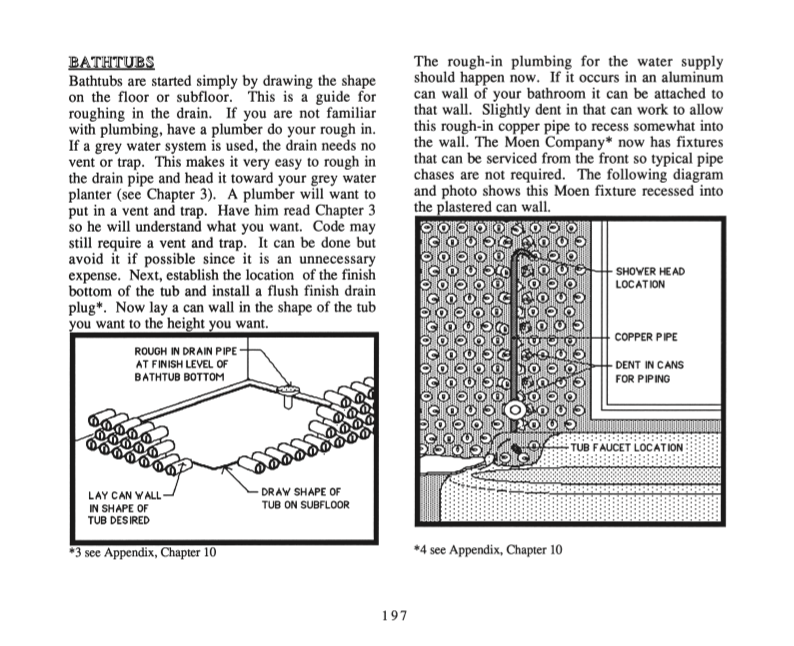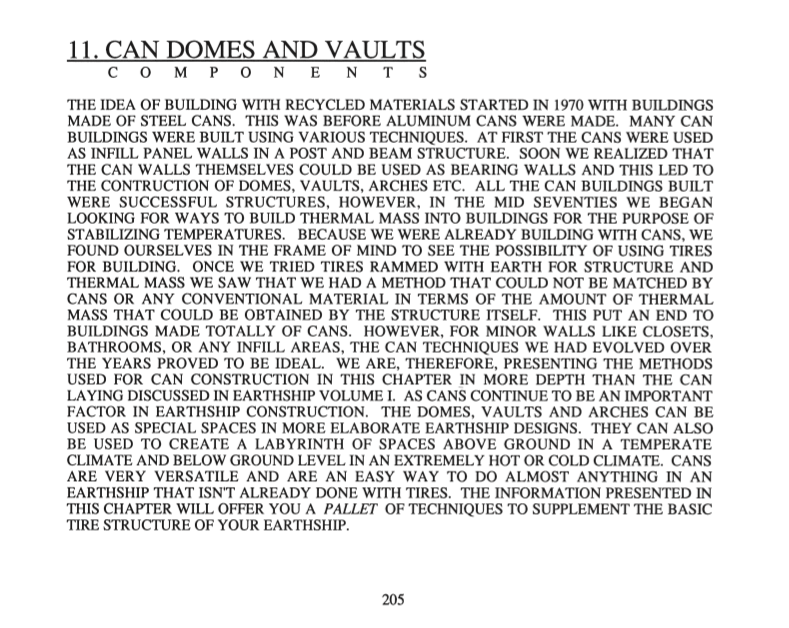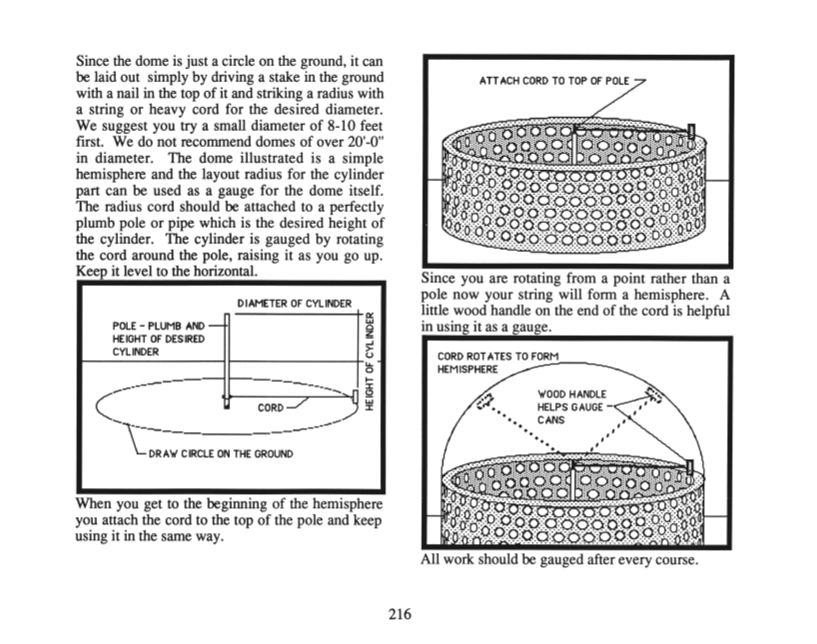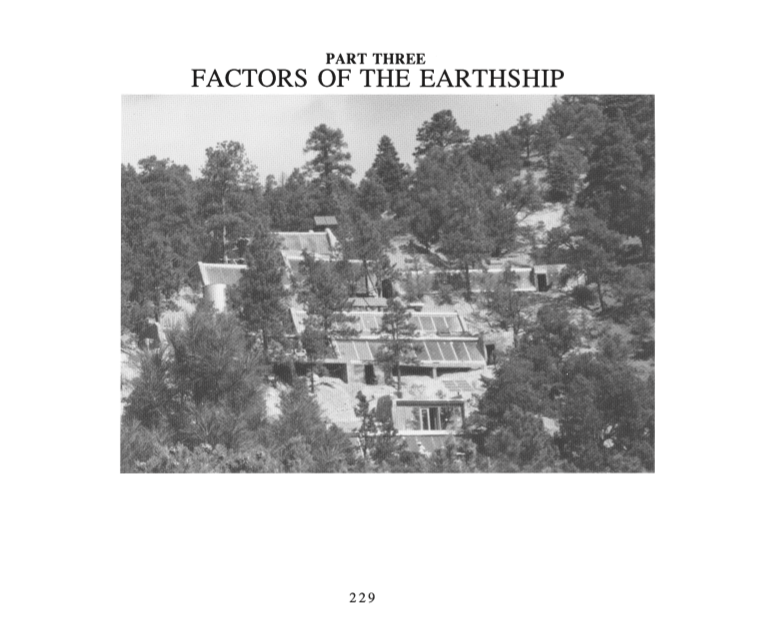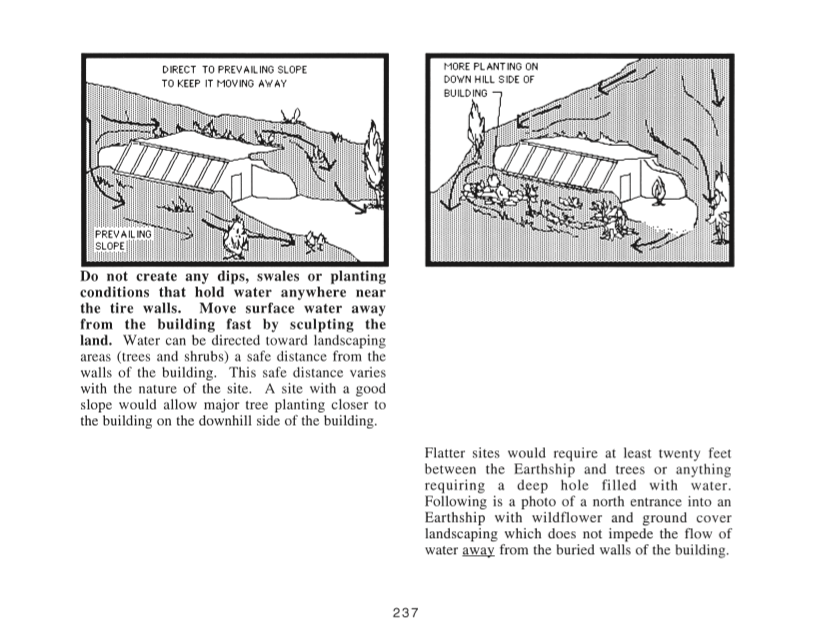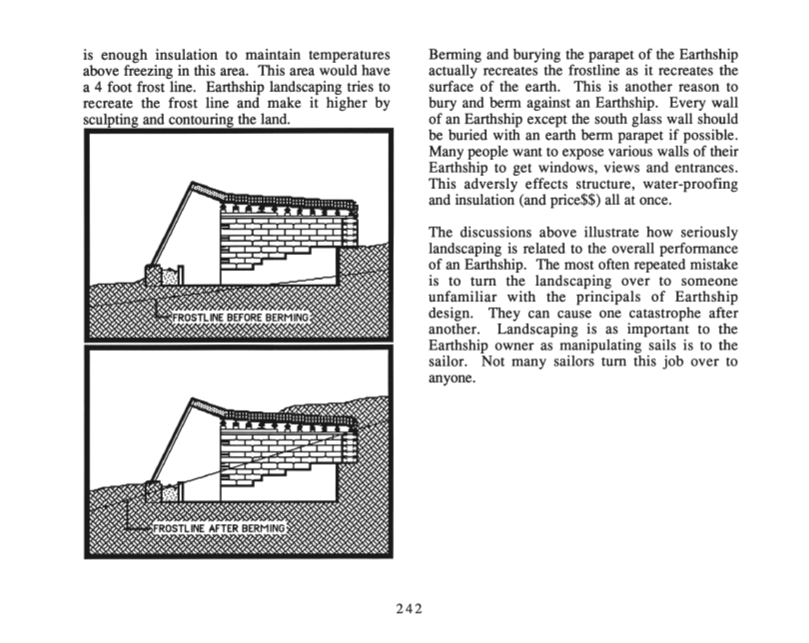Earthship Biotecture
Earthship Volume 2: Systems and Components
Earthship Volume 2: Systems and Components
132 en stock
Impossible de charger la disponibilité du service de retrait
The second book in the Earthship Volume Trilogy written by Michael Reynolds. In Earthship Volume 2: Systems & Components, he examines the specific components of Earthships: photovoltaics, water supply and wastewater, water heating, lighting, adobe fireplaces, stairways, operable sky vents, etc. Reynolds dives into the details about off-the-grid solar electric systems, out-lining the basics of how they work, and how to reduce your electric needs enough to make them affordable.
In a chapter on water systems, he deals with the water supply and waste water, including wells and rainwater catchment systems, greywater systems and composting toilets, plus conventional and alternative septic systems. His use of planters adjacent to kitchen and bathroom sinks for immediate use of wastewater is especially ingenious for its elegant simplicity.
Although earthships can be designed and built to not require supplementary heating, there is nevertheless, a great appeal to a fireplace, and Reynolds takes the readers step-by-step through the process of building a charming adobe fireplace.
Michael Reynolds extensively uses adobe-like walls made of aluminum cans mortared together, and shows how to build beautiful stairways supported by these walls. He also devotes an entire chapter to the detailed construction of no-leak skylights that hold heat in during cold weather, but can also be easily opened for ventilation during warm weather. Additional chapters cover the construction of doors and cabinetry, hand-crafted bathroom vanities and sculpted bathtubs, landscaping concerns, permitting issues, plus additional details on aluminum can construction of larger projects. Earthship Volume II is as essential as Volume I in the construction of an Earthship home.
Testimonials:
"I'm not sure where to begin. Michael Reynolds covers so many aspects of what it takes to build a responsible home, many may not like the EartShip styles but just implementing his thoughts and designs on standard homes (rainwater collection, grey water recycling and more) could do a whole hell of a lot of good.
His creativity and reuse of what would otherwise be waste are excellent, the book well covers the ideas and he gets the message across like a champ."
"I went to Taos and toured some of the "Earth Ship" houses, and they were wonderful. I bought the books there and read them cover to cover (on the way home). These books are full of good, practical, information. If you have access to old tires, empty cans, clay mud, you could build your own house. I haven't done a house yet, but I've done some other interesting projects using these principles. This particular book deal most with the parts of an Earth Ship house and how they all work together. It has more how to information than the others, I thought."
"Michael Reynolds definately walks the walk. I first heard of Earthships several years ago, but didn't give it much thought until, driving just beyond the Rio Grande Gorge outside of Taos, I saw a collection of them. To say I was impressed would be an understatement. What Michael has done, first publicized to my knowledge in this book, has been astonishing.
The book talks about his concept of the Earthship, how to build them, how they work, and how you, too can live virtually independant of the large grid of services available to you, and that in many ways makes you work for the system itself!
This book of ideas has evolved and been thoroughly vetted in real life in 3 developments around Taos and countless other places in the world (mostly in the Western US) -- so it is a lot less experimental than you might think. The novelty mostly resides with our unfamiliarity with the Earthship.
The structures are partially buried, with load bearing walls made of earth rammed old tyres, non load bearing walls built of cans, with greywater systems supported by rain catchwater. PV and wind powered, with food and other plants grown in the house, the premise is as close to total self sufficiency as one might be able to get.
Share
